Attitude’s Senior Writer shares personal journey with Pectus Excavatum in 11 images
Alastair James has worked on Attitude’s Real Bodies feature for three years. Inspired by the stories he’s heard, he discusses his own journey
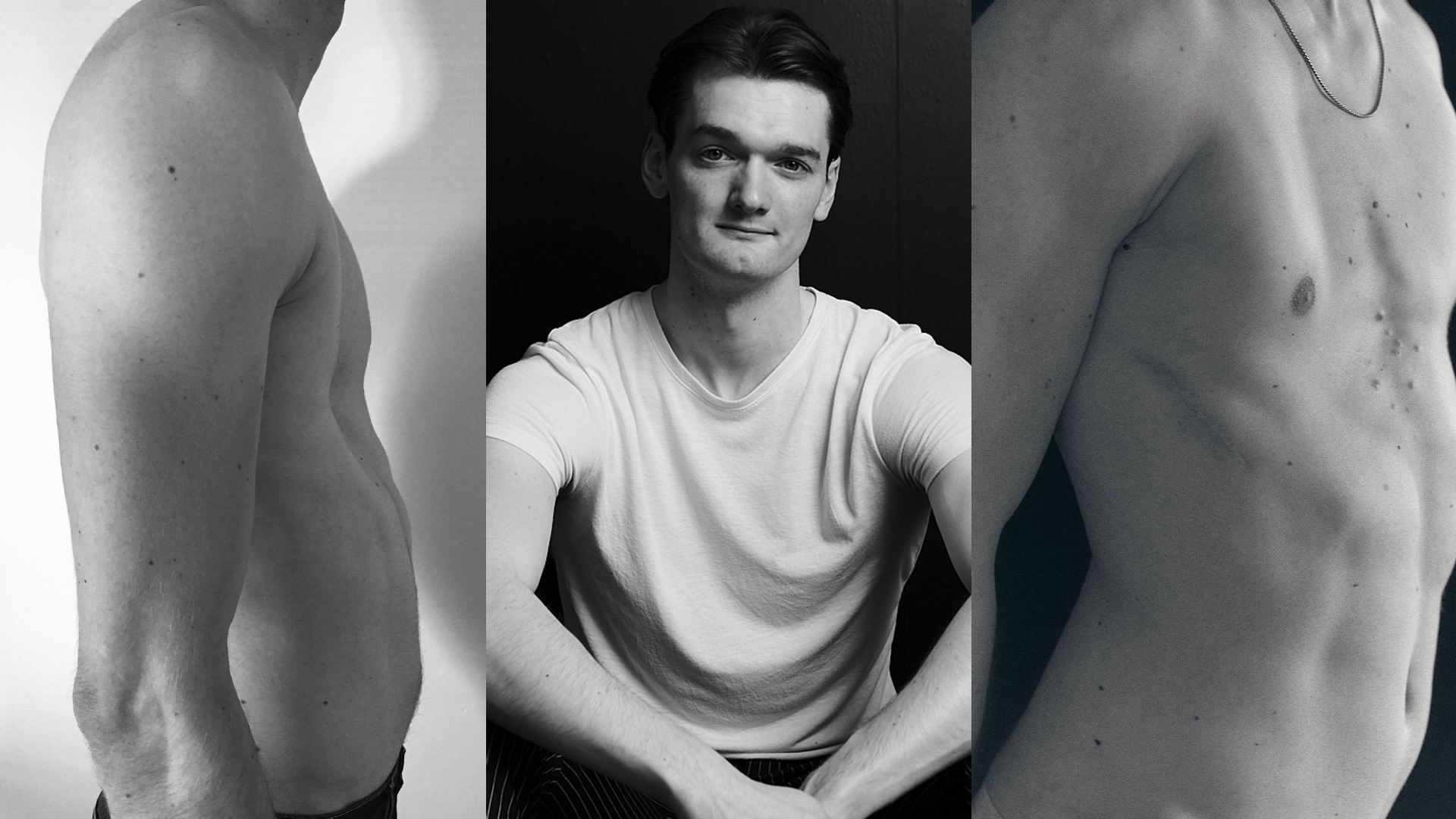
Along with coming to terms with my sexuality, university is also where I began to change my perception of my body. During puberty, I developed a severe case of the deformity Pectus Excavatum (PE). No, it’s not a spell from Harry Potter; it’s where the sternum is concave. It can appear at childbirth, or it may develop later on, as it had in my case.
The first time I was aware of it was on a family holiday in Cornwall. My cousins and I were running towards the sea, and I saw some other kids pointing and laughing. I looked down and realised it was me they were laughing at. I’d never really considered the shape of my chest and how it differed from ‘normal’ boys’ chests until then. The shame was instant. From that moment on, I was acutely aware of it. The changing room at school was a difficult place, and I found every reason to avoid exposing my deformed body to the world.
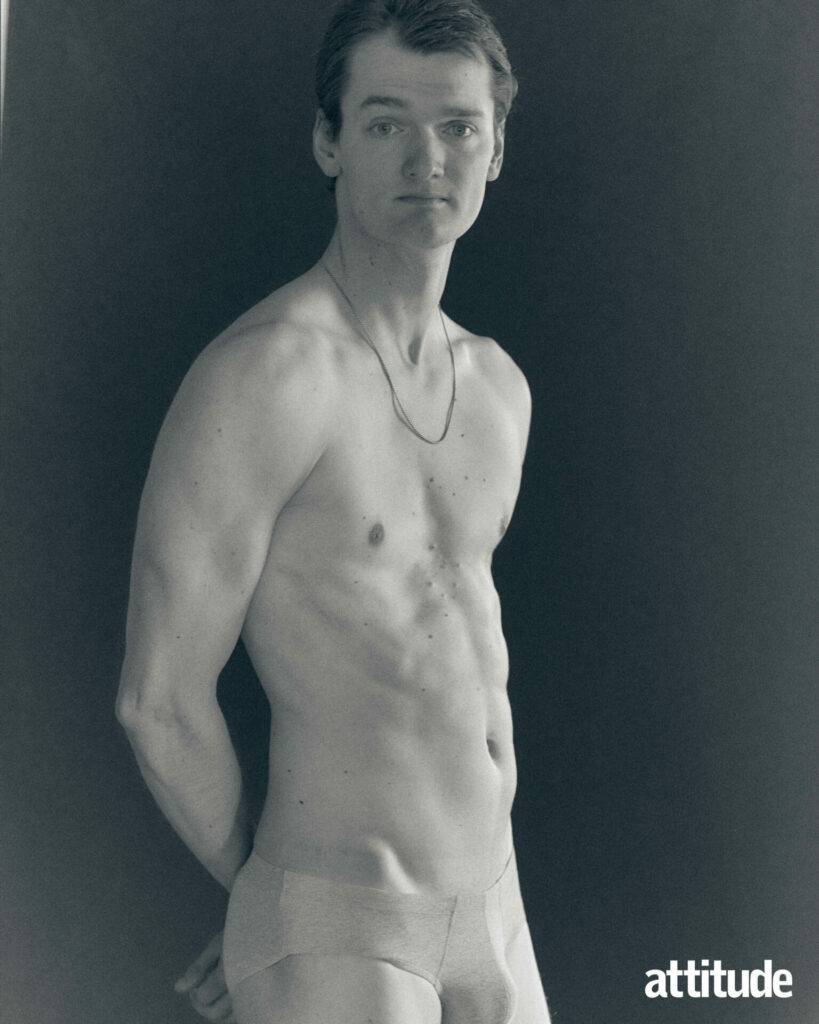
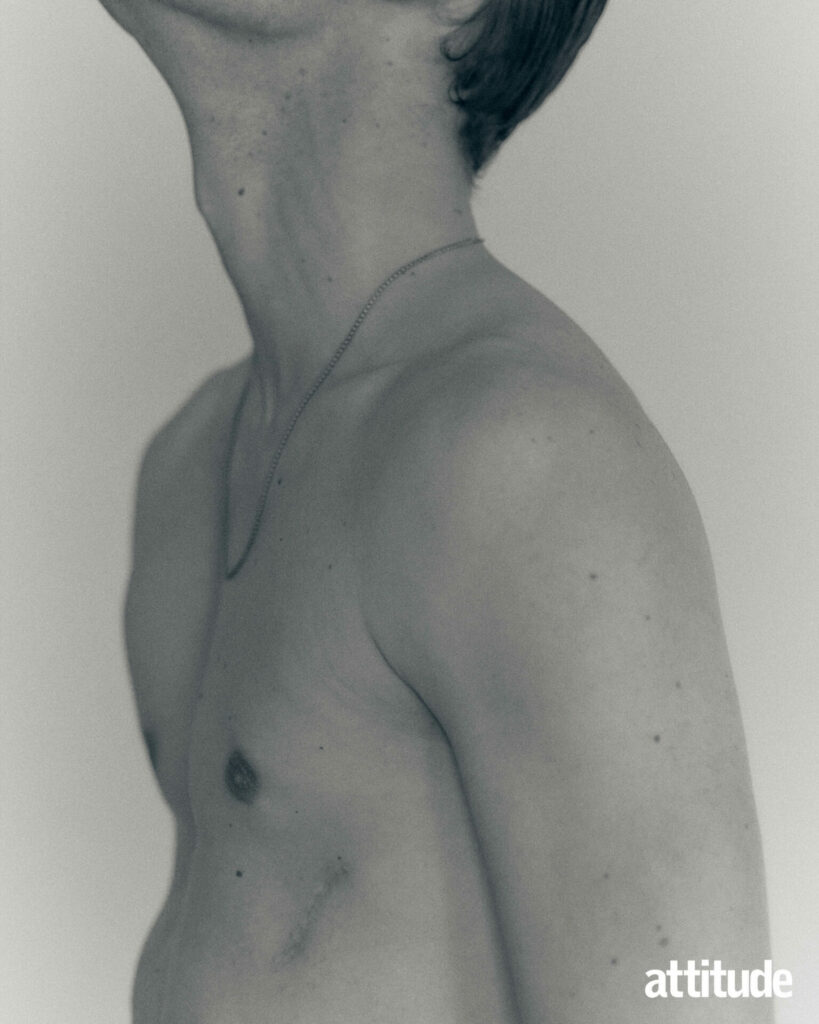
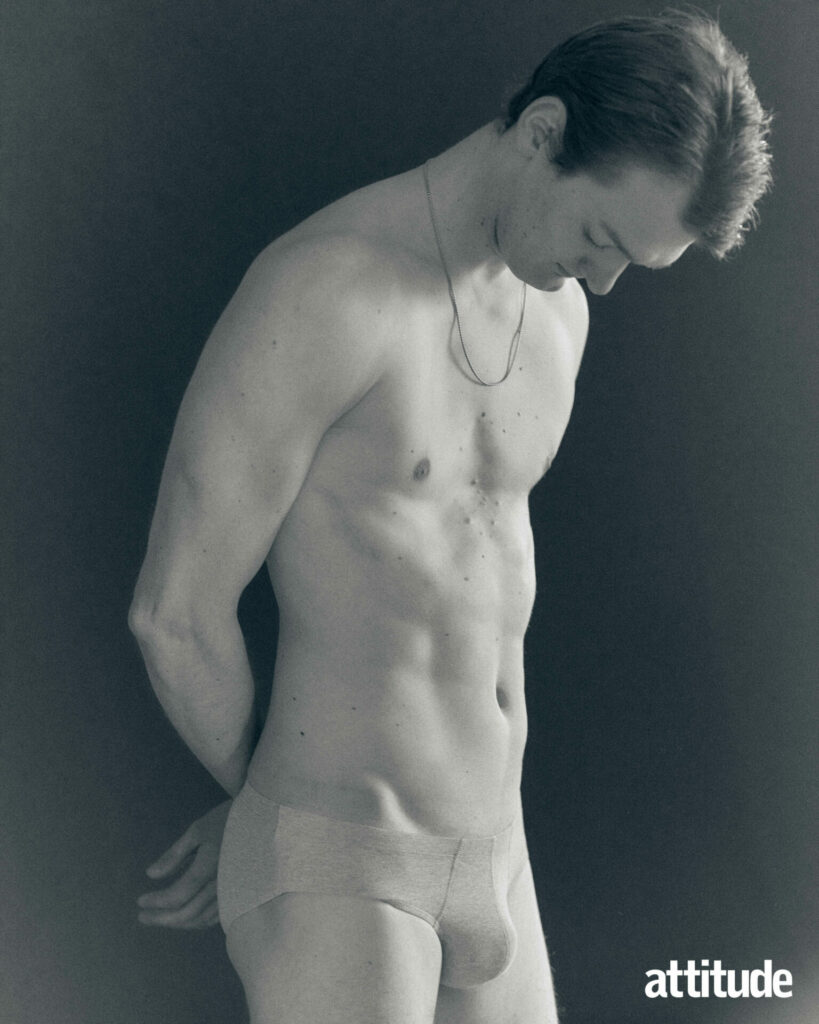
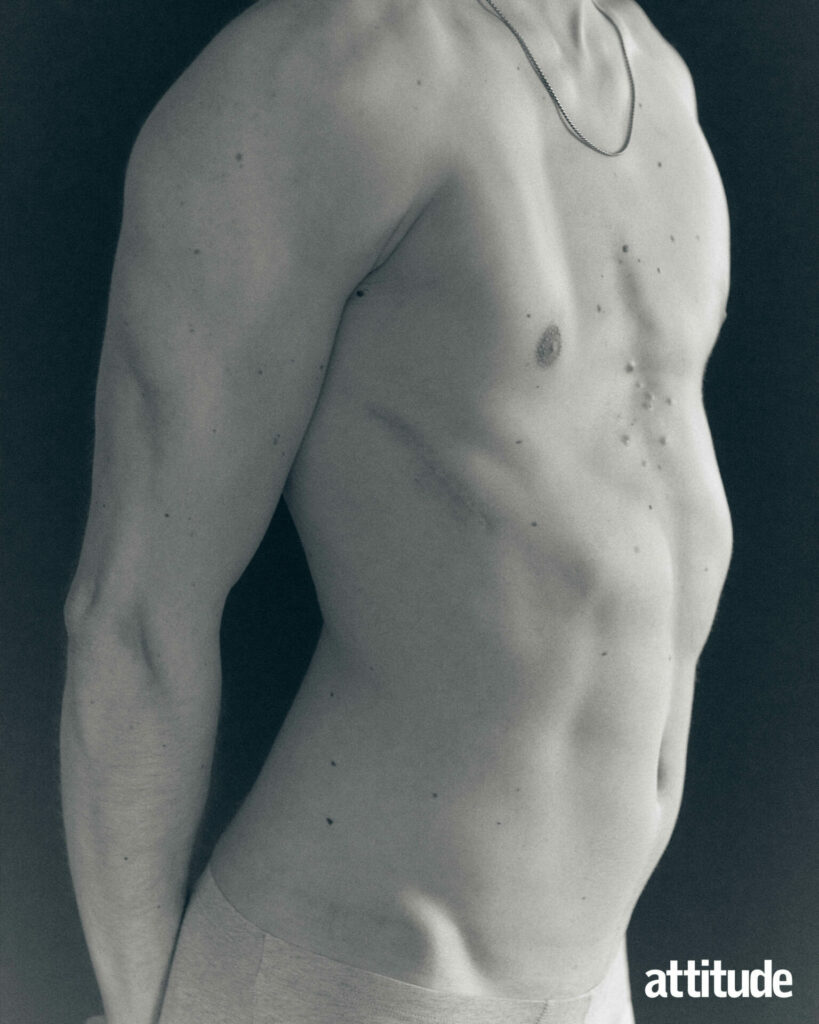
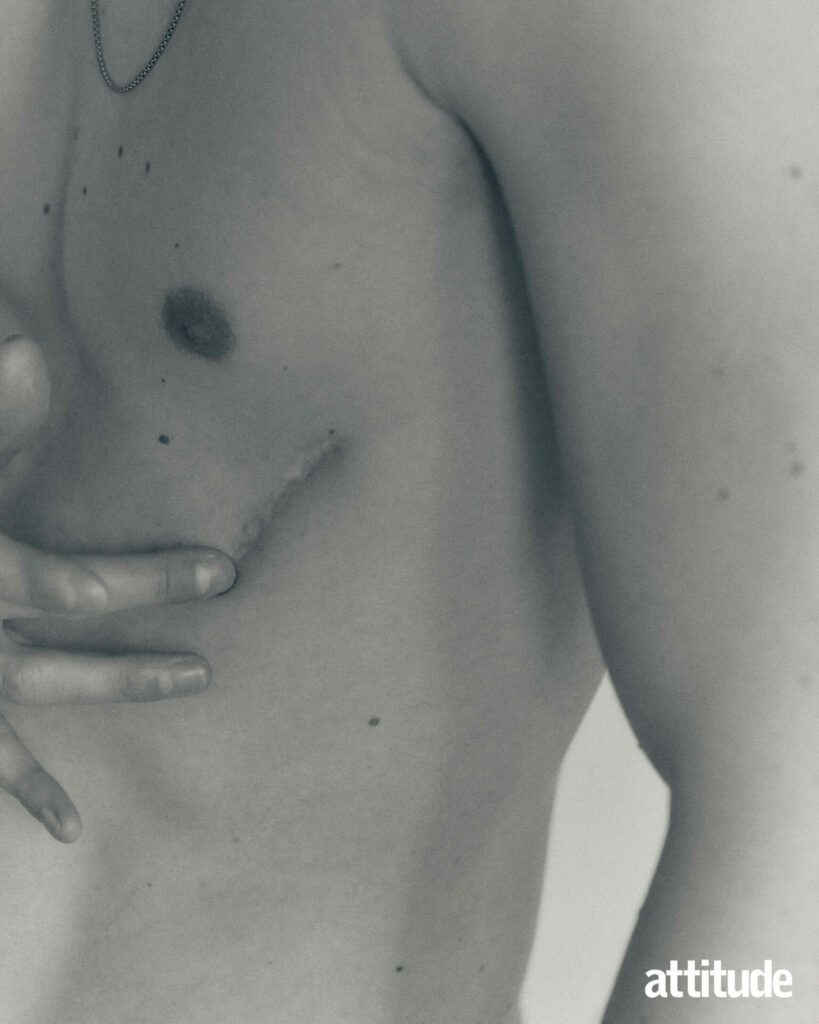
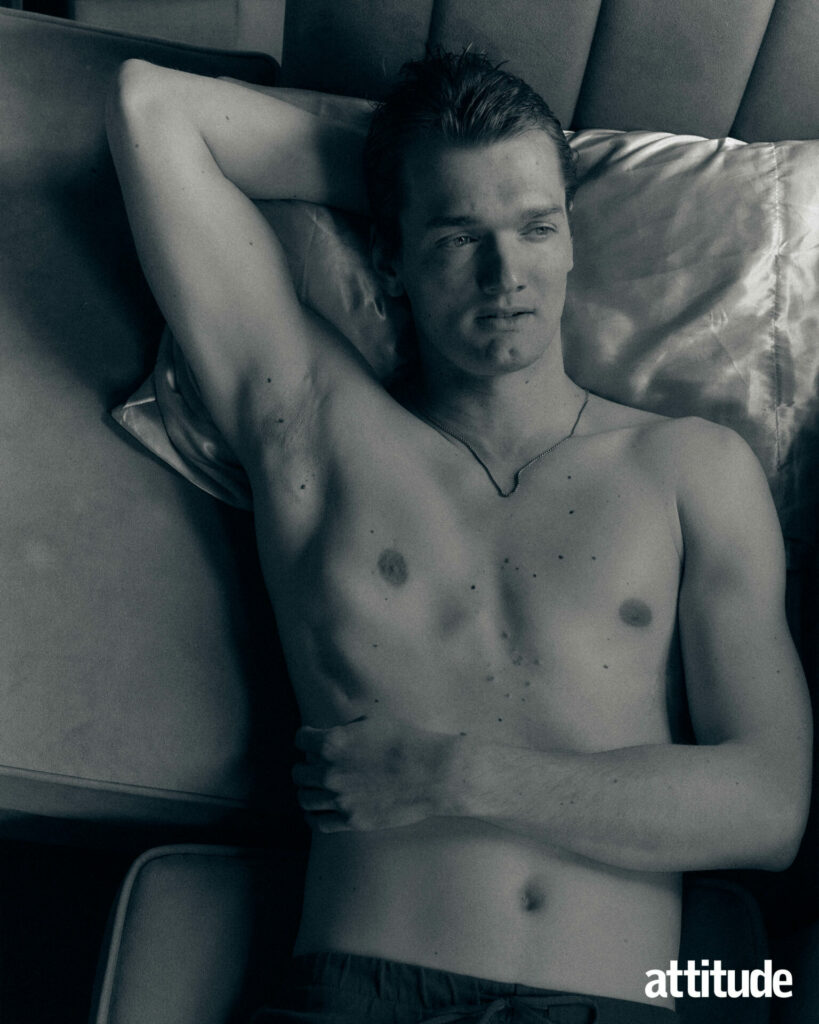
I never saw PE anywhere. In TV and film, all the men had perfect chests, which added to my feelings of inadequacy. The only time I saw PE addressed on screen was in 2022’s Bros, when Billy Eichner’s character talked about having it. I went to the UK premiere for Attitude and wanted to say something to Eichner when I interviewed him, but I ran out of time.
Towards the end of secondary school, I started looking at PE treatments and found several options. The most widely performed was the invasive Ravitch procedure, which is as awful as it sounds. It would have involved breaking my chest open, cutting the cartilage on the ribs down, flattening the sternum, and then piecing it all back together. I was offered it by a surgeon in Leeds in 2011, but I declined as it would have meant spending weeks if not months recovering, as well as deferring my university place. I didn’t want to do that, so we decided to revisit the idea in 2012.
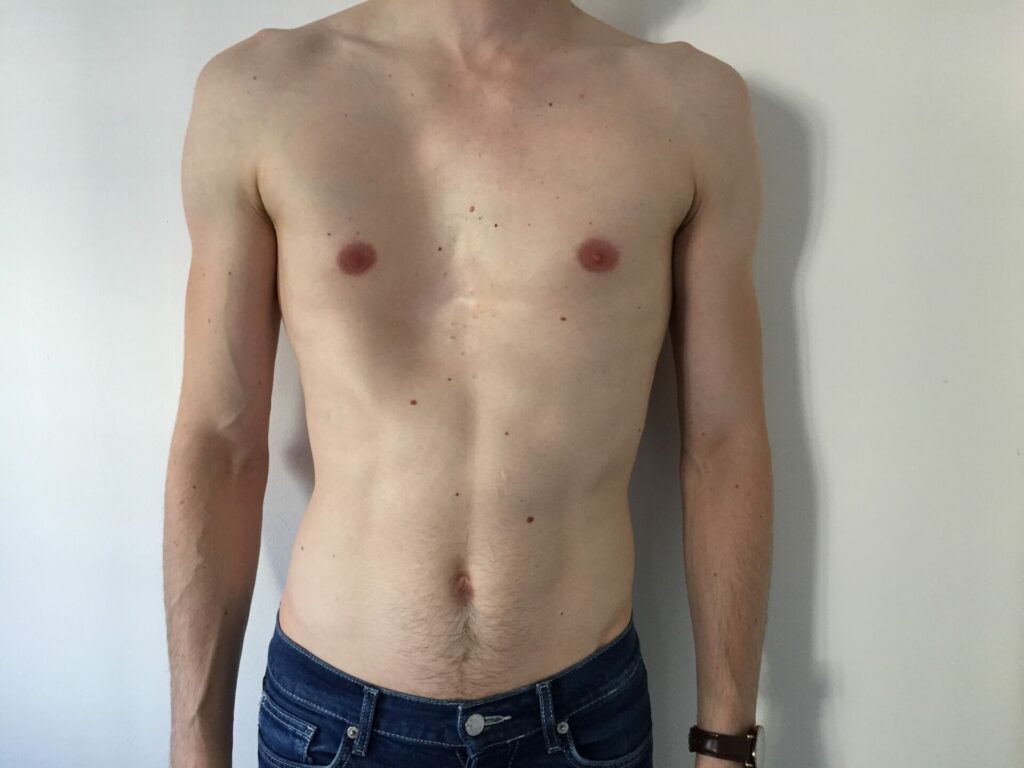
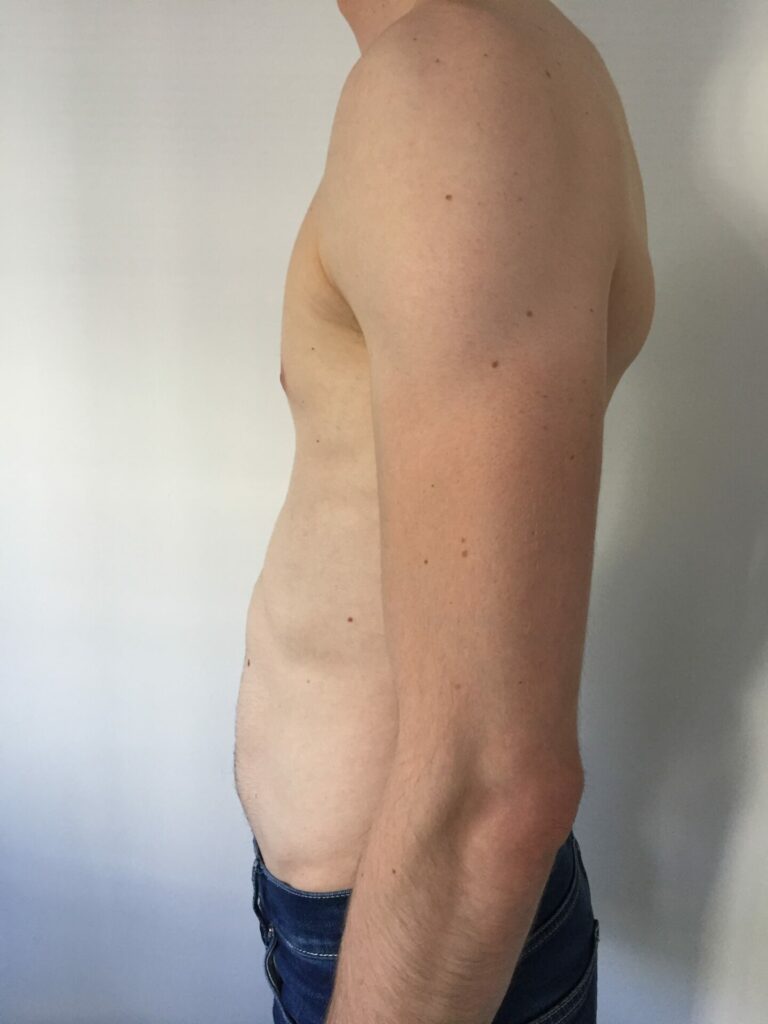
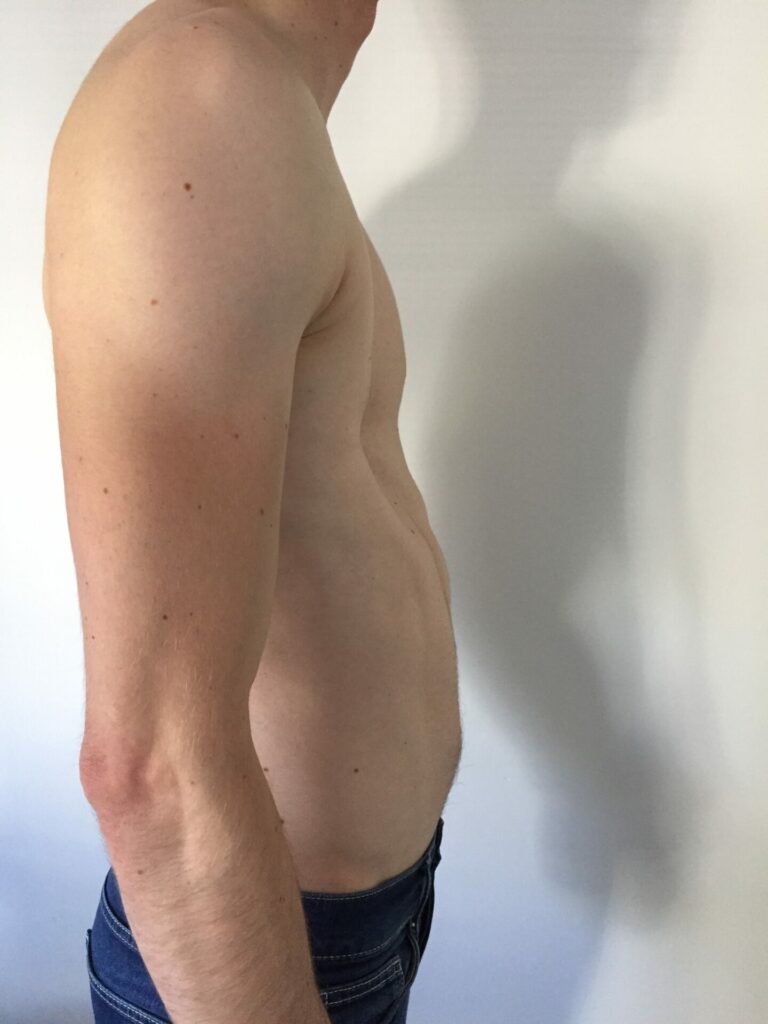
However, at uni I started to feel more confident. The worries I had about people not being attracted to me because of it didn’t materialise, and I started going to the gym. And so, I began to feel better in my skin and decided to put off surgery altogether. However, it always bothered me. I was mindful of what I wore as I felt baggier clothes made it more obvious. Walking down the street, I felt like everyone zoned in on my chest and could tell that something wasn’t ‘normal’. The shame was constant.
Years later, I was living in Cardiff and decided to look at treatments once more and found that Wales was the only place providing corrective surgery on the NHS. The rest of the UK only offered it privately. The treatment available was the less invasive Nuss procedure, which I had done in September 2018. Two curved metal bars were inserted into my chest to push the sternum outwards. The bars were then fastened onto my ribs for three years while the bone reset around them. I can’t describe how it felt seeing the bandages come off for the first time. Despite my upper body being swollen by the trauma of surgery, the new shape of my chest, while not ‘perfect’, was so different. For the first time ever, I felt happy with it.
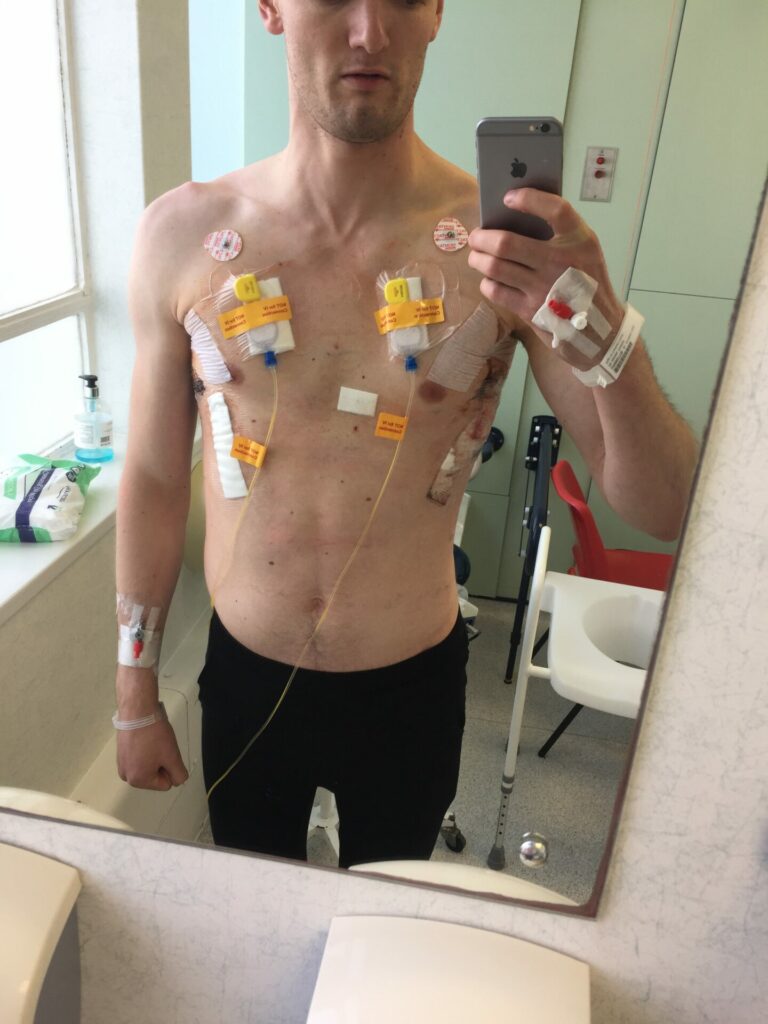
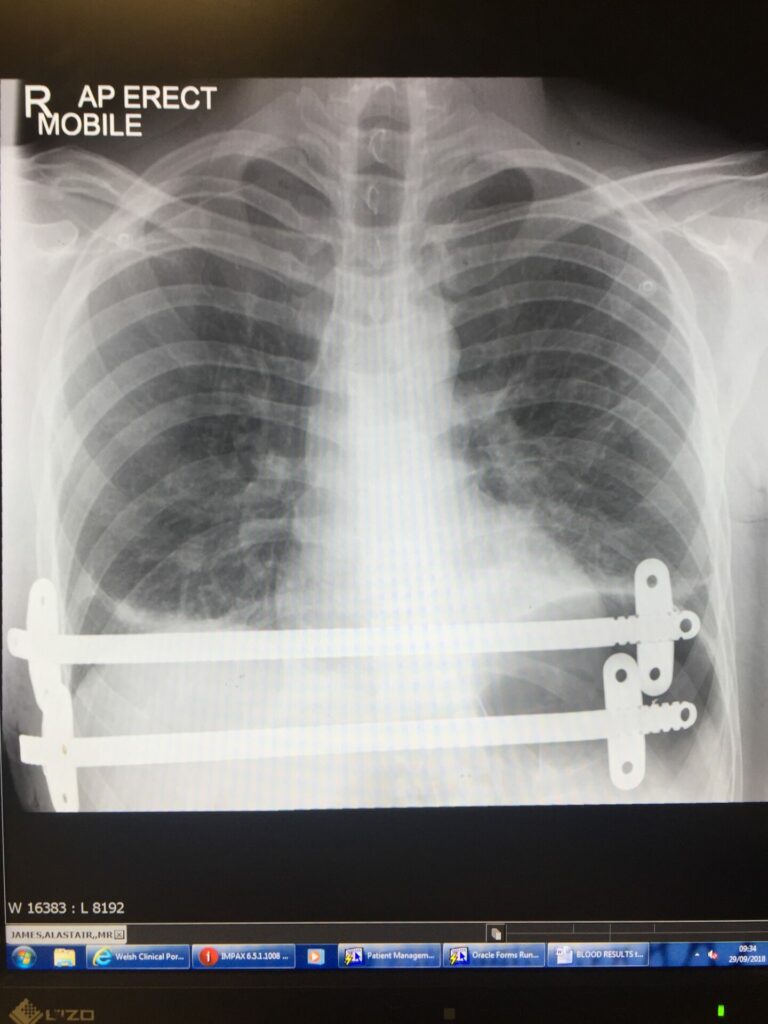
My entire posture changed; I walked taller and more upright. It gave me a great foundation for returning to the gym in 2019 and, working with a trainer, I put on a good amount of muscle mass. For the first time, I felt really good about myself, and in 2021 I had the bars removed.
I wish I hadn’t felt the need to have surgery in order to feel better about myself: I’m a big advocate of not changing yourself to fit in. But I’m also all for doing what makes you happy. Ultimately, I concluded that surgery was the right path for me, so that I could feel better in my skin. I didn’t do it to fit in. I’m so glad I went ahead, but I’m also glad I waited. Having the surgery later on, when I was more set up and an adult, meant that I could truly understand everything that came with it. I had also been able to enjoy my university experience uninhibited, and I can’t be more grateful for that.
I’m finally at a point where I can say I like my body. Maybe not all of it, and not all the time. As with anyone, these feelings will change and evolve, and there will be good and bad days. But on the whole, I’m very happy.
Read the full feature in Attitude issue 359, available here and alongside 15 years of back issues on the free Attitude app.
